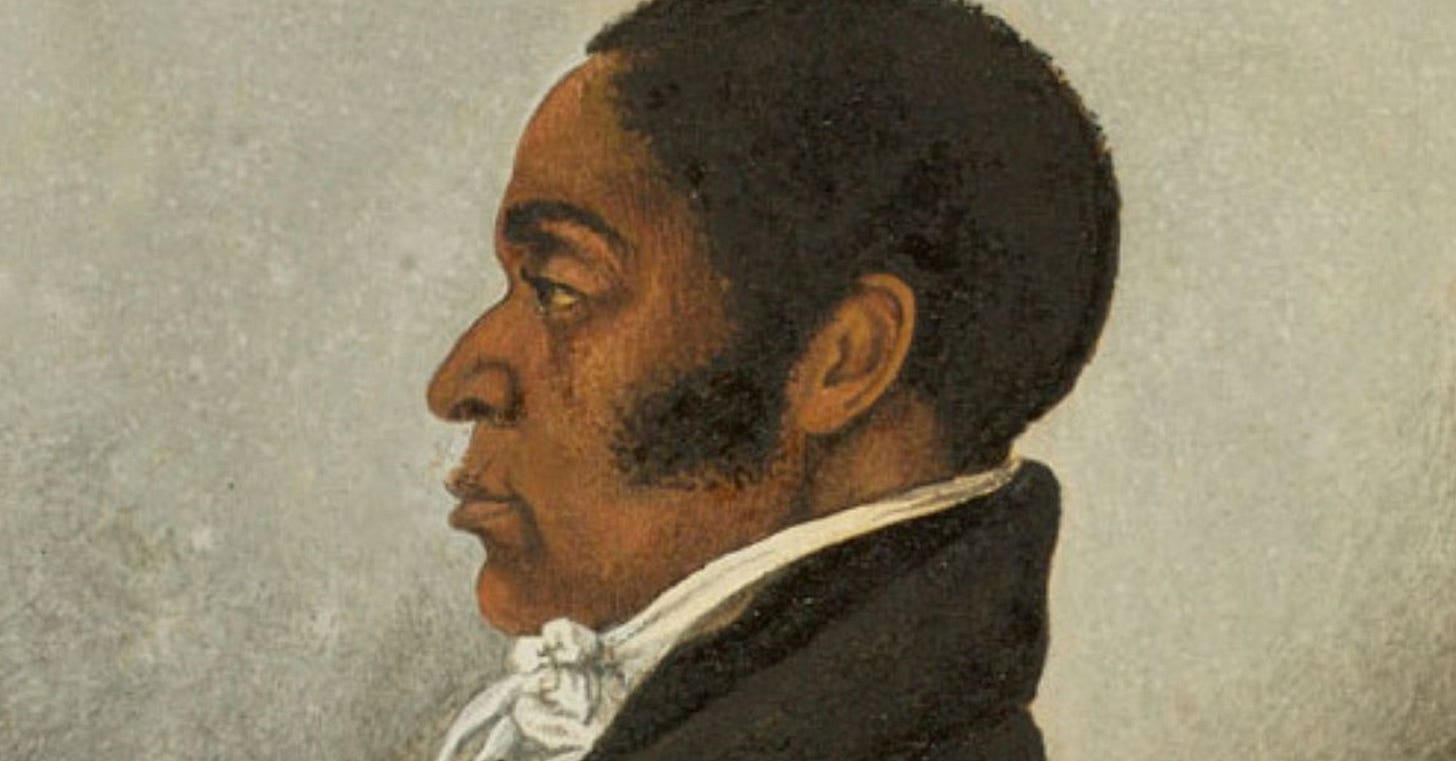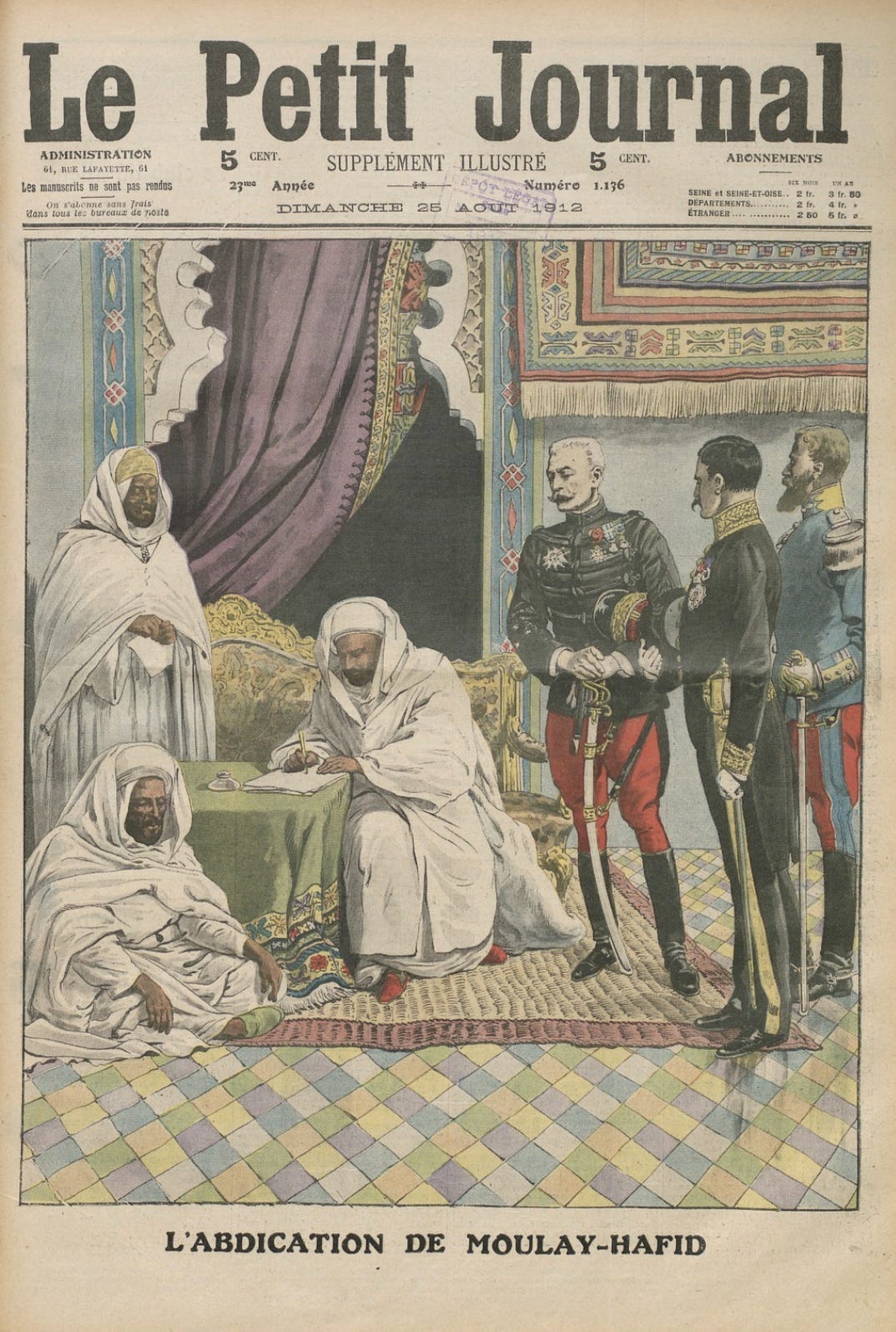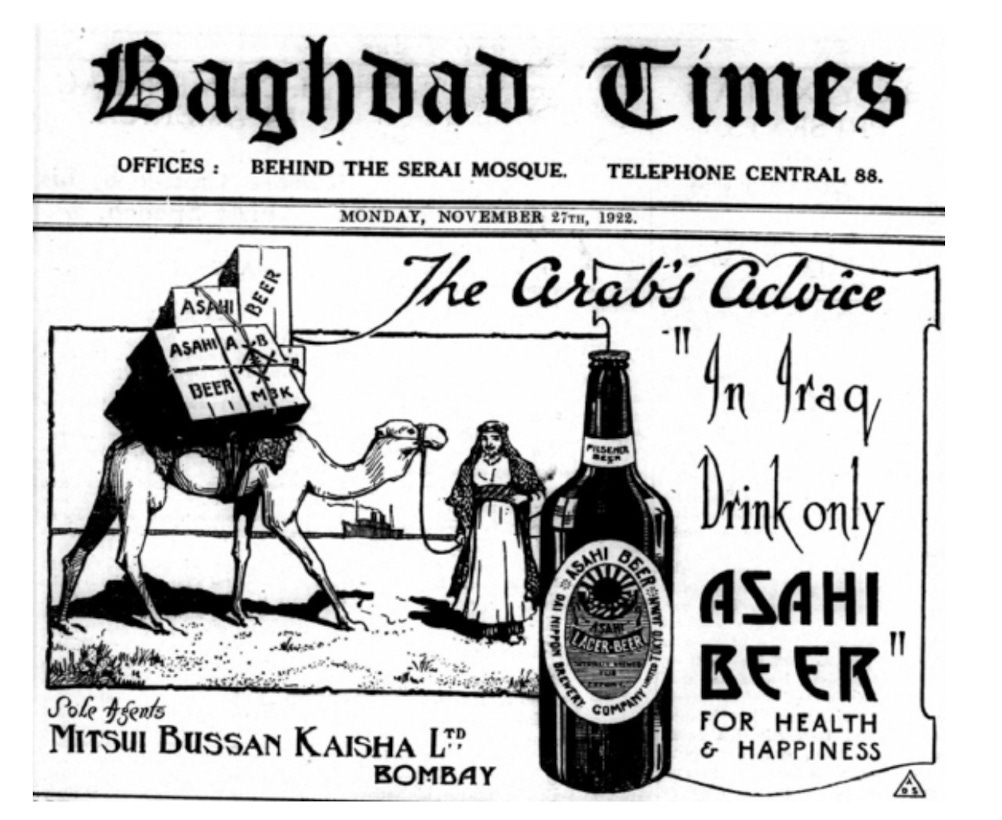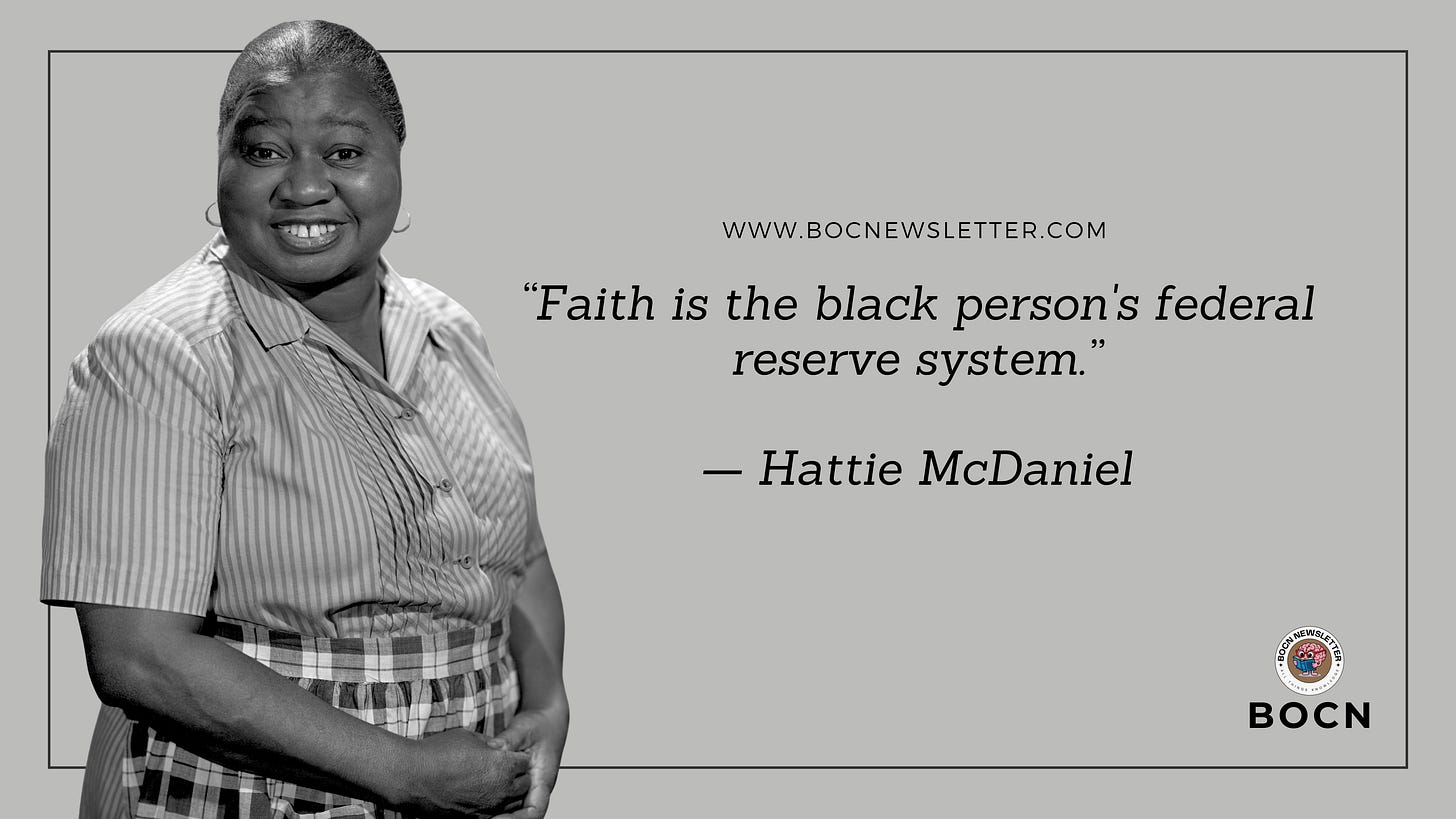Philadelphia's Wealthiest African-American.
French Morocco, Iraqi Beer, On This Day, Cover of the Week, and Asahi.
BOC#043
4 MINUTE MUNCH
TITLE PIECE: PHILADELPHIA’S BLACK BEACON
Born on September 2nd 1766, James Forten was the son of free African-American parents in Philadelphia. His father Thomas had been a carpenter, and most notably, a sail-maker; a skill that would go on to make his son James one of Philadelphia’s wealthiest men. In a world of prejudice, racism and widespread slavery, James would break through the low ceiling of discrimination and go on to become a respected visionary, businessman and social reformer.
At the young age of fourteen, James became a privateer aboard the Royal Louis during the American Revolution. The ship was ultimately captured by the British, with James being held as a prisoner of war aboard the infamous floating jailhouse HMS Jersey. Upon his return to the bustling dry docks of Philadelphia, he found work as an apprentice sailmaker, eventually becoming a master of the trade. Under the guidance of Robert Bridges, he learned to measure, cut, design and fit sails based on a ship’s specific needs. To be a sailmaker in the 18th century was to be a semiconductor maker today — an essential and lucrative business fuelling trade, logistics and exploration. Philadelphia was just the place for it, too, with near enough 1,000 ships entering its port in 1800 alone.
When Forten’s boss Robert Bridges was ready to retire in 1798, he looked to hand the reins to Forten, his colleague of thirteen years. Filled with innovation, hustle, and leadership, Forten transformed the business, integrating both black and white workers in a single diverse workforce in spite of the prejudice, distrust and resentment his presence invited. Through his sailmaking efforts, James became one of the wealthiest African-Americans of his day, but with the wind in his sails, he wouldn’t stop there.
Having had nine children with his partner and wife Charlotte Vandine, James turned his attentions to abolition. His efforts saw him join forces with abolitionist and owner of anti-slavery newspaper The Liberator, William Lloyd Garrison, amongst others. One of his most notable contributions to the advancement of black people was his participation in the Pennsylvania Abolition Society’s legal team; an organisation that saw him help numerous slaves acquire freedom. His vision for a better world extended beyond abolition into the realms of civil rights and voting advocacy at a time when the state were launching a pernicious attack on the African-American right to vote.
Forten was as active as an activist could be, organizing meetings, joining political campaigns, writing letters to newspapers, and funding schools for African-American children by way of the Pennsylvania Abolition Society and the Augustine Education Society formed in 1818. One such school was renamed the James Forten Elementary School in 1892.
His opposition to the American Colonisation Society’s plans to export African-Americans back to Africa (Liberia) was staunch. Having once considered the idea plausible he later believed that African-Americans deserved equal rights at home, a cause he fought for until his death.
Funding his social endeavours was possible thanks to his excellent business acumen. Beyond sails, Forten issued loans to help people buy businesses and homes, and purchased rental properties and stocks. Taken as a cross section, Forten’s life could be said to have forged change in Pennsylvania as is captured by the shift in black success in Philadelphia during the years of his activism. In 1811, the Philadelphia directory had listed a mere 81 Black business owners, but by 1816, that number has risen to 180.
Forten’s legacy is one of change, progress and activism. His wealth was channeled into causes of social empowerment and equality, while his legacy was further decorated by the works of his wife and three daughters who established the Philadelphia Female Anti-Slavery Society (PFASS) in 1833.
James Forten passed away in 1842 at the age of 72, leaving the sail-making business to two of his sons.
DID YOU KNOW…
In 1818, Philadelphia based Francis Johnson became the first African American composer to have his compositions published as sheet music. His band was the first black-led band to visit Europe where he is said to have played for Queen Victoria at Buckingham Palace in 1837.
ON THIS DAY: 27th OCTOBER
Black Saturday: On this day in 1962 the Cuban Missile Crisis reached its climax as a nuclear catastrophe was narrowly avoided. It’s considered one of the most dangerous days in human history.
Turkmenistan Independence Day: Officially known as the Republic of Turkmenistan, the country declared its independence from the Soviet Union on this day in 1991.
Vichai Srivaddhanaprabha, the Thai billionaire owner of the Premier League football club Leicester City, died in a helicopter crash near the stadium on this day in 2018.
COVER OF THE WEEK…
The illustrated Sunday issue of the daily Parisian newspaper, Le Petit Journal, from 25th August 1912. The illustration depicts the signing of the Treaty of Fez which saw Morocco become a French protectorate. Rudi Matthee, Professor of History at the University of Delaware writes:
“Morocco came under French supervisory rule in 1912, when the country’s last independent Alaouite ruler, Moulay ‘Abd al-Hafiz, a traditional boozer who used water only for his ablutions, agreed to abdicate while under the influence.” - Angels Tapping at the Wine-Shop’s Door.
ADVERT OF THE WEEK: THE BAGHDAD TIMES 1922
An advert for Asahi featured in the Baghdad Times dating back to 1922. The ad reads ‘Offices behind the Serai Mosque’.
IN MEMORY OF…
Yesterday marked the death of Hattie McDaniel in 1952, the first African American actress to win an Oscar. Having won the Academy Award for Best Supporting Actress for her role in Gone with the Wind, she was prevented from sitting with her co-stars at the Ambassador Hotel venu due to her race.
MISSED LAST WEEK? READ: THE TRIBAND, MARCUS GARVEY, AND ETHIOPIA.














